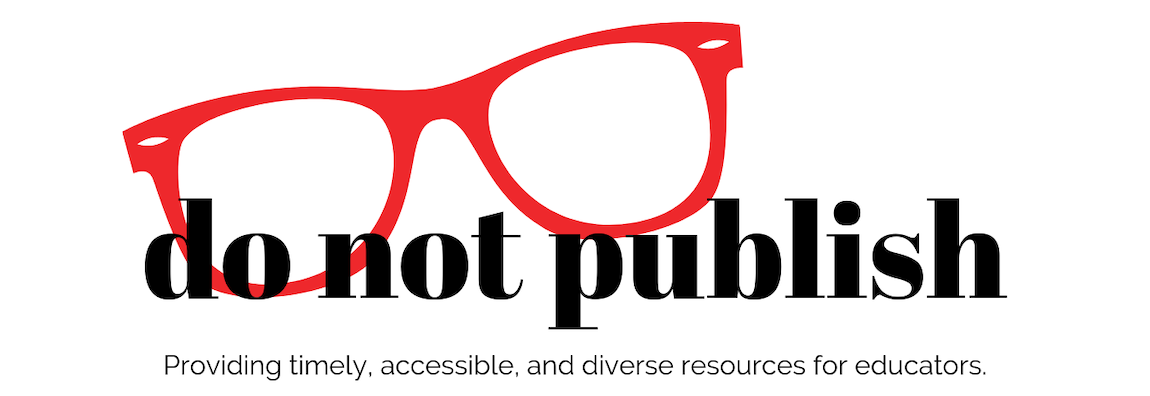HEARD September 2019
September 2019
Friends refer friends.
HEARD WHILE EATING A BURGER
Our consumption, along with the belief that objects are so easily disposed, leaves us facing an often cruel reality: environmentally, physically, and ethically. We’ve already looked at the consequences of fast fashion in our September issue. Now, let’s turn our attention on conscious consumerism towards another area for concern — what we eat.
Wondering how consumerism impacts what you eat? Well try to digest this…
Farming practices have changed to supply an ever growing demand for meat. There are sooooo many meat eaters eating so much meat these days that the rates of consumption have shifted farming from local family-based heritage farms into a factory-owned farming industry. These factory-farms have genetically modified the breeds of animals we eat to have qualities that favor mass production. Think: breeding way beyond natural sizes and disabling physical attributes, like rubbery legs so chickens can’t walk.
Not convinced animals have emotions? Then let’s get personal.
Double-D breasts is an issue beyond animal welfare. Take the rubber chicken for example: instead of moving around normally, they sit and get bed sores. Bed sores that lead to infections. Infections that include pus draining wounds. The animals are so unhealthy in fact, they have to be treated with antibiotics. That meat is eaten by the consumer who then ingest those drugs. Additionally, those animals make waste and that waste has to go somewhere – such as the swine pollution that is seeping into the ground and contaminating water supplies in NC. Whether it is the fish or the H2hellnO, that sh*t is being ingested by people. Cow farts (and burps) aren’t doing us any favors either (hello methane pollution).
You had me at feces.
Whether you make the shift to a plant based diet for the humane treatment of animals or because of how that treatment has implications on the food you put into your body (ahem – you are what you eat), it will make a huge impact on our environment. Bottomline, learning more about animals and shifting away from the practices that objectify them is a step in the right direction.
Want to learn more about the Stuff You Should Know to become a conscious consumer? Then check out the podcast. They unpack everything from the food you put in your body (like lab-grown meat and yogurt) to the tradition of black Friday to the engine of our consumer economy to getting real about animal rights and global warming. They cover it all (psst — narwhals are real)!
And if you are heading to the International Literacy Association’s conference in New Orleans this October, SYSK will be hosting a live event in the civic center on Thursday the 10th. You will find pricing and ticket information at this link.
Want more?
Subscribe for our monthly newsletter.



